Sergiy Kasyanov (KSG Agro): ‘Feeding Ukraine in uncertain times’
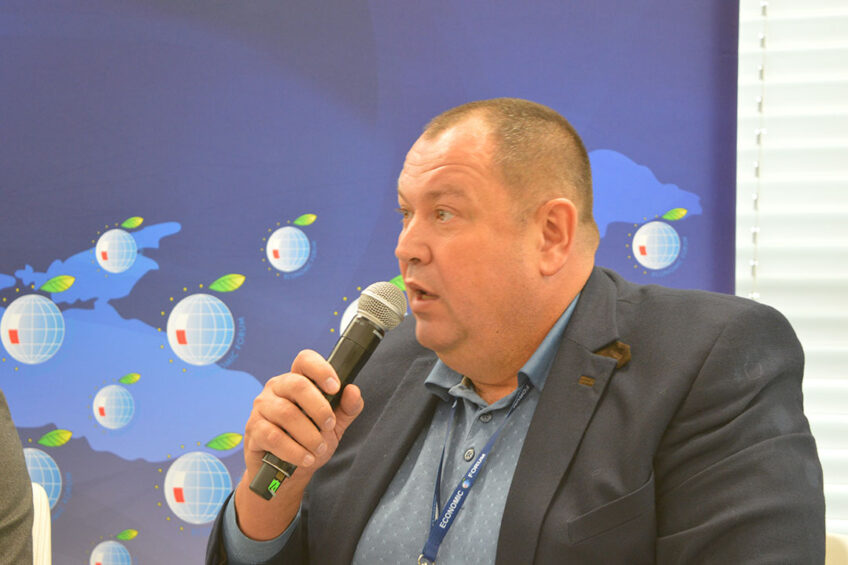
KSG Agro is one of the largest pig producers in Ukraine. It is based in the Dnipro region, a near-frontline area suffering constant missile attacks in the eastern part of the country. In November 2022, the company put a new finishing unit in operation. Sergiy Kasyanov, chair of the board of directors, describes the KSG Agro’s wartime strategy.
How did the invasion by Russia affect your activities?
“The full-scale war has put us in a two-front situation. The first front is the army fighting the enemy, and the second is the business that produces what is necessary for people: the army and all of us. Today, the main task of Ukrainian business is to do everything possible for our future victory.
“KSG Agro has set itself the task of making every effort to ensure the uninterrupted production and supply of agricultural products. That’s very important because during war, food security is an important element of the overall security system in the country. KSG Agro is one of the most important components of the food infrastructure of the frontline Dnipropetrovsk region, a region that not only feeds itself but can also help other regions of Ukraine.”
Did your capacities suffer any damage?
“Fortunately, despite the proximity to the frontline zone, the farms of our holding, including pig farms, were not affected. But this does not mean that it was not difficult for us. Since the beginning of the war, our agricultural holding has faced uncertainty. All previous plans had to be adjusted. In our company, as in many others, the biggest priority was to ensure the possibility of uninterrupted work. To do this, we had to solve many social and staff-related issues because a large number of people had left the country. So we started to restore the interrupted supply chains as well as sales channels, etc. We began cooperating more closely with territorial communities and military administrations to provide the army and the rear with everything necessary.”
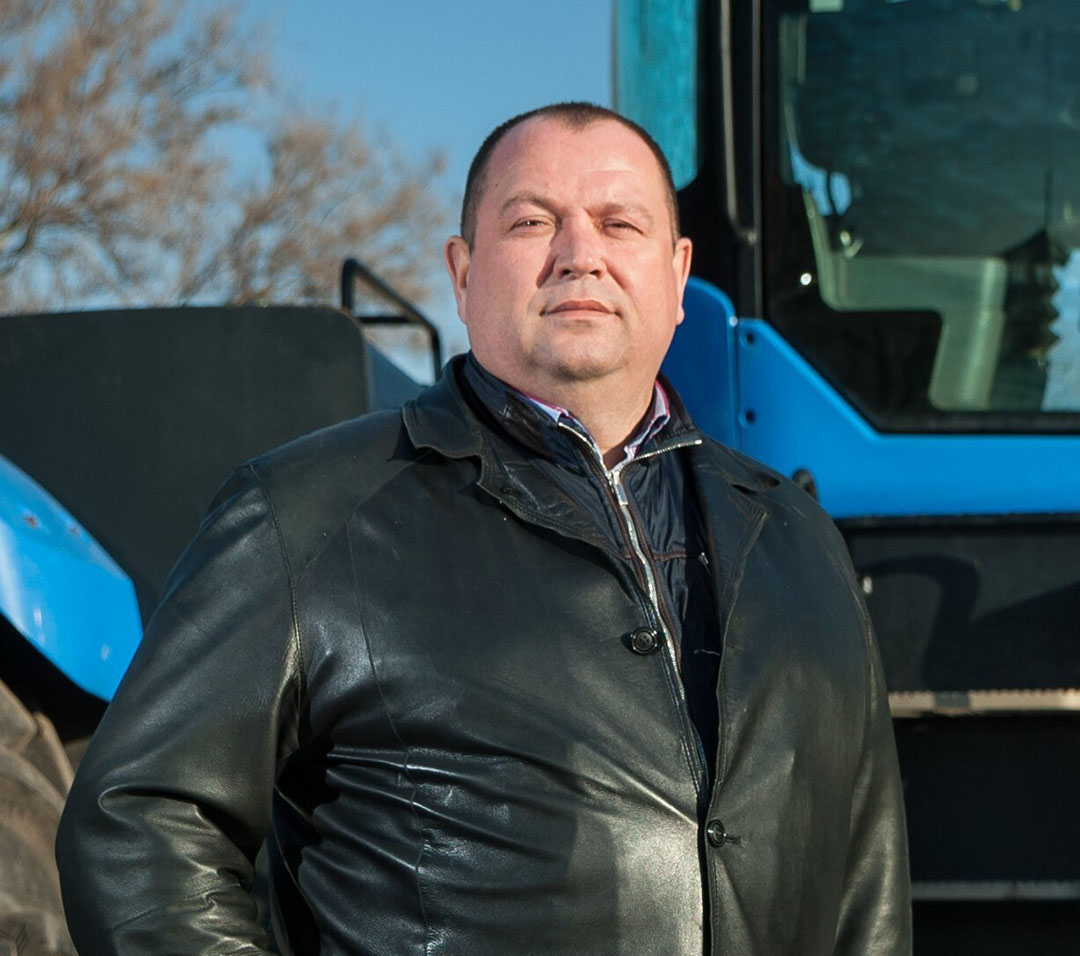
How are you doing today?
“Today, the share of our pig products in the consumer market of the Dnipro region is about 80%. But our supply goes far beyond this region, including to the Kharkiv and Zaporizhzhia regions. Since the beginning of the war, we have significantly increased our production – by 20% compared to pre-war times. We grow grains on 20,000 ha of land, from which we produce animal feed.
“The company owns the full production cycle: we grow all animals at our own pig farm, while fully controlling the process of technological growth. Then we ship the products to the meat processing plant, which is part of our vertical integration. After that, it goes to supermarket chains or directly to organisations that consume our products.
“The war has changed the concept of doing business in a socially responsible way. In my opinion, the main task of a business now is not to make a profit at any cost, but to preserve qualified personnel and jobs, to keep wages at a decent level and to provide additional social benefits to those who need them most. During war, it is difficult for everyone.
“KSG Agro has relied on three things in its social policy. The first is not to reduce but, on the contrary, to increase the number of jobs.
“The second is the increase in accordance with inflation and timely payment of wages.
“The third is interaction with regional authorities. Since the beginning of the war, many Ukrainians have left for abroad, but Dnipro region has also received many domestic refugees. These people need attention not only from their state, but also from industry. We help them with employment and solve problems with housing. We have launched a food aid programme for families with children; we actively help with the supply of pork to the Ukrainian army and medical institutions of the Dnipro region.”
Russia’s attacks on Ukraine’s critical infrastructure seem to be affecting the power supply across the country. Has this affected your operations?
“Today the whole world sees the enemy’s strategy: to deprive Ukrainians of electricity and heat by attacking critical infrastructure. You can have as many well-thought-out business strategies, efficient logistics, customer base and talented staff as you want, but if you do not have electricity and other basic resources in your buildings or workshops, all this ceases to be relevant in an instant.
“At KSG Agro, we could not afford such a situation, given that we are a socially responsible business on which the food security of both the Dnipro region, where we operate, and the country as a whole depends.
“Our uninterrupted work in wartime became possible thanks to an energy and resource independence plan, which we began to implement at the beginning of 2022, before the outbreak of hostilities. The stakes in our business are high because we deal with animals – pigs and piglets – and they require special conditions, in particular temperature conditions. So we arranged an autonomous power supply, which allowed the pig farm to work even in the event of power outages.
“We took care not only of the energy supply to the pig complex but also of the critical infrastructure of the village, where our livestock facilities are located. We are talking, for example, about providing an alternative energy supply to the water supply system. To power it, we have installed a powerful diesel generator at the pumping station, which allows all the residents of the village, including many of our employees, to have water even during power outages.
“Stable operation of the pig farm gives us the opportunity to help the armed forces effectively. We take care of the soldiers drafted into the army from the territorial communities with which our Charitable Foundation “Future” cooperates. We provide them with everything they need, primarily bulletproof vests and other ammunition. Responding to requests from military units, administrations and hospitals, we help Ukrainian soldiers with food for free.
“By the way, since the beginning of the war, KSG Agro has shipped products worth more than 10 million hryvnia (about € 250,000, ed.). In addition, we actively participated in the programme of producing stew for the needs of the army, providing 40 tonnes of meat products free of charge.”
We decided to build up a 3-month strategic stock of raw materials to produce compound feed
Do you have any problems with the supply of feed, supplements, genetics or anything else because of the war?
“The war has led to the destruction of logistics and delays in fulfilling obligations by some of our partners and suppliers. Therefore, we decided to build up a 3-month strategic stock of raw materials to produce compound feed. That we have our own feed mill in the structure of vertical integration helped us to realise this difficult task. This competitive advantage worked in our favour even in peacetime, because mixed fodder in Ukraine is mainly foreign-made. After the fall of the hryvnia, it became much more expensive.
“The purpose of creating a strategic reserve was to ensure the uninterrupted operation of the pig complex, taking into account the risk of interruptions in the supply of feed ingredients due to a temporary break in the supply chain in wartime.
“Since the beginning of the war, we have taken the feed mill to maximum capacity levels. Earlier, in one shift it worked with a production volume of 100 tonnes of feed per day. In wartime, it works in two shifts with a production volume of more than 200 tonnes per day. In addition, we have provided for our own logistics, and more specifically for the delivery by our own vehicles of the premixes necessary for mixed fodder from our regular partner, Cargill, which met us halfway and additionally increased the shipment limits. The monthly volume of supplies of premixes and special feed for newborn piglets is 160 tonnes.
“The task of setting a strategic stock was achieved, so we maintain stocks of ingredients for the production of mixed fodders for several months in advance: cereals (barley, corn, wheat, triticale, sorghum grown by own crop farms), flour protein (bran, soybean meal, sunflower meal, soybean cake, oil) and premixes.”
What was the reason behind opening a new finishing unit in Dnipro region?
“Of course, there is no time for investments during the war because the main thing is to have a financial ‘air cushion’ to ensure uninterrupted business – for example, by restoring production facilities if they suffer enemy attacks. I have, however, already mentioned our wartime strategy: keep developing even in wartime. We have our plans to rejuvenate and increase the pig population, which, by the way, since the beginning of the war year has increased by 24% from 50,000 to 62,000 head.
“The opening and commissioning of the feedlot is the final point of its reconstruction, purchase and arrangement of modern equipment (through Big Dutchman), testing, etc. And this process is long; it started before the war.
“We believe that introducing a new fattening facility for 2,400 piglets is our contribution to strengthening Ukraine’s food security.”
We observe a moderate price rise, limited by the purchasing power of our consumers
What is currently happening in Ukraine’s market for pig meat?
“We can talk about 3 stages of price changes during the war. At first, prices were at pre-war levels, and demand growth was insignificant. Then there was a price decline due to the withdrawal of Slobozhansky Agrocombine, APK-Invest and other players from the market (as they were active in currently occupied zones, ed.). As a result, many sows emerged on the market and the increased supply pushed down prices. But later, prices rose. The exit of southeastern producers from the market, the lack of imports and increasing fuel prices played a role. Logistics did not significantly affect the price increase, as it became a problem only for small and medium processors who could not buy fuel at all.
“Now we observe a moderate price rise, limited by the purchasing power of our consumers. That is in line with global trends. In November, pig meat prices on world markets increased by 0.2% month-on-month amid a sharp increase in demand on the eve of the upcoming holiday season and the impact of currency fluctuations.”
What are your expectations for the future?
“We all agree that Ukraine needs to focus on funds to finance military operations. But we need to understand that after the victory, there will be a recovery period, and the government should set some priorities in the field of economy and agricultural production, for example to create a system of compensation for loan interest. Whether it will be funded from international donors, reparations or other sources does not matter. It is necessary to create conditions under which banks could lend at optimal rates to enterprises that manufacture products to ensure the country’s food security. It is clear that imports will not feed Ukraine.
“Our company meets all obligations to ensure food security and continues to implement all production programmes embarked on before the war. It should be understood, though, that companies like KSG Agro are already working in a high-stress mode, so they count on a balanced and responsible policy from the state.”
 Beheer
Beheer

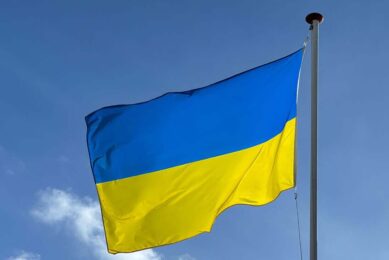
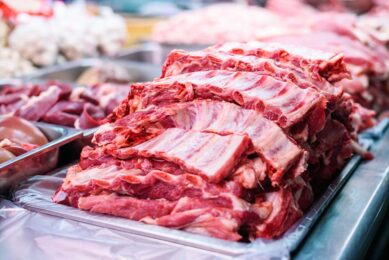
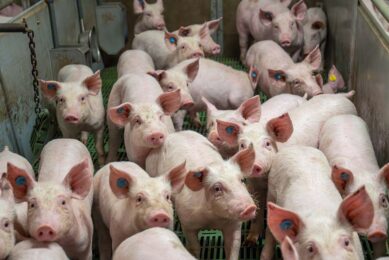
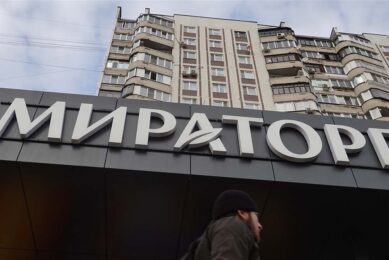



 WP Admin
WP Admin  Bewerk bericht
Bewerk bericht